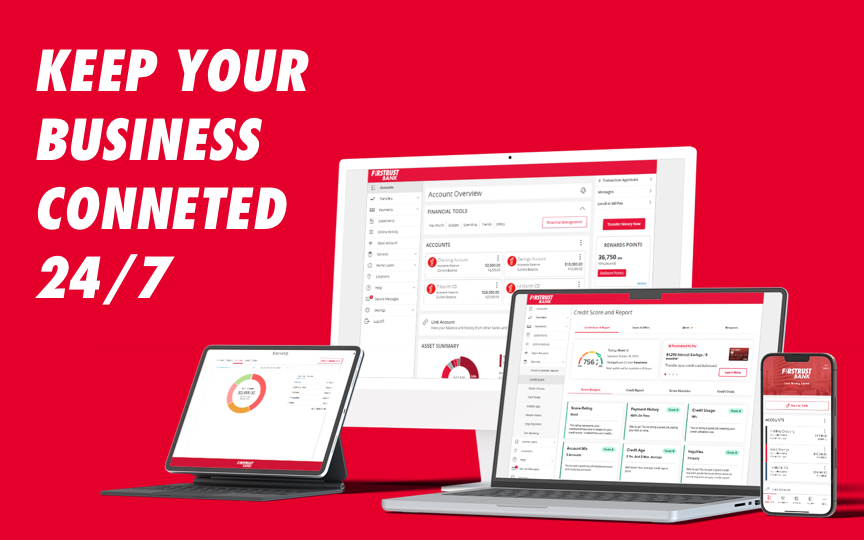Many businesses are looking to reduce energy costs given the volatility of energy prices. A Power Purchase Agreement (PPA) is one potential solution to the problem.
With a PPA, a third-party developer will install, own and operate a renewable energy system on your property. Your business will then purchase the system’s electrical output for a specific period of time. As a result, your business may receive stable, low-cost electricity with no upfront cost. A PPA may be especially beneficial if your business is unable to take direct advantage of renewable energy tax incentives.
Traditional vs. PPA Framework
Under a traditional renewable energy project development framework, a project site is first identified and the project is approved and funded via appropriations, an Energy Services Performance Contract (ESPC) or some other mechanism. A request for proposal is then initiated and a developer or Engineering, Procurement and Construction (EPC) contractor is selected and the project is installed. Ownership of the project resides with the property owner-operator, also known as the host agency.
Using a PPA, a request for proposal is initiated for a PPA provider. Once a provider is chosen, a license, easement or other land use agreement is signed. Third-party investors fund the project and a developer manages construction. Ownership of the project resides with the investors, and they subcontract the operations and maintenance to specialists. The property owner-operator, or host agency, then purchases electricity from the project owner at a fixed price for the first year, with annual escalators and end-of-term options.
The developer creates a project company, with contract documents either signed with the project company or novated to them. The project company, usually referred to as an SPV or SPE, is the legal owner of the project and assumes limited liability. There are a number of significant contracts and assets at the project company level including project assets/cash flow, equity investments, insurance, warrantees and reviews.
PPA Project Finance Structures
There are three main project finance structures with a Power Purchase Agreement:
1. Partnership Flip — The equity investor is in place before the project is placed in service. Initially the majority owner, the equity investor will flip ownership to a minority owner. After the flip, the developer has the option of buying out the investor. The flip can be either time-based or yield-based. A partnership flip represents a relatively straightforward exit for the equity investor.
2. Sale Leaseback — Project assets are sold and leased back to the project company (or lessee), rather than the company itself. The equity investor has 90 days after the project is placed in service to enter into the transaction. The PPA and site relationship remain with the project company during the lease. A sale leaseback exit is less straightforward for equity investors since the lessee must repurchase the assets.
3. Inverted Lease — The renewable energy tax credits are separated from depreciation and passed through from the owner/lessor to the project company/lessee. Like with a partnership flip, the equity investor is in place before the project is placed in service. This structure also represents a relatively easy exit for the equity investor at the end of the lease term.
Choosing the right structure can be like a tug-of-war between developers and equity investors. Developers seek access to capital, the ability to monetize depreciation and the right timing of their return on investment, all at an acceptable risk level. Investors, meanwhile, seek a target return, depreciation benefits, familiarity with the structure ease of exit.
Complexity Requires Expert Assistance
Complex financial structures are involved when using PPA renewable energy projects, with legal ownership of the project and assets usually changing throughout the life of the project. Financing structures may influence the terms of the PPA with the host agency.
The experts at Firstrust can help you structure a Power Purchase Agreement and take advantage of the potential benefits. Visit us online or contact your relationship manager to learn more.






































